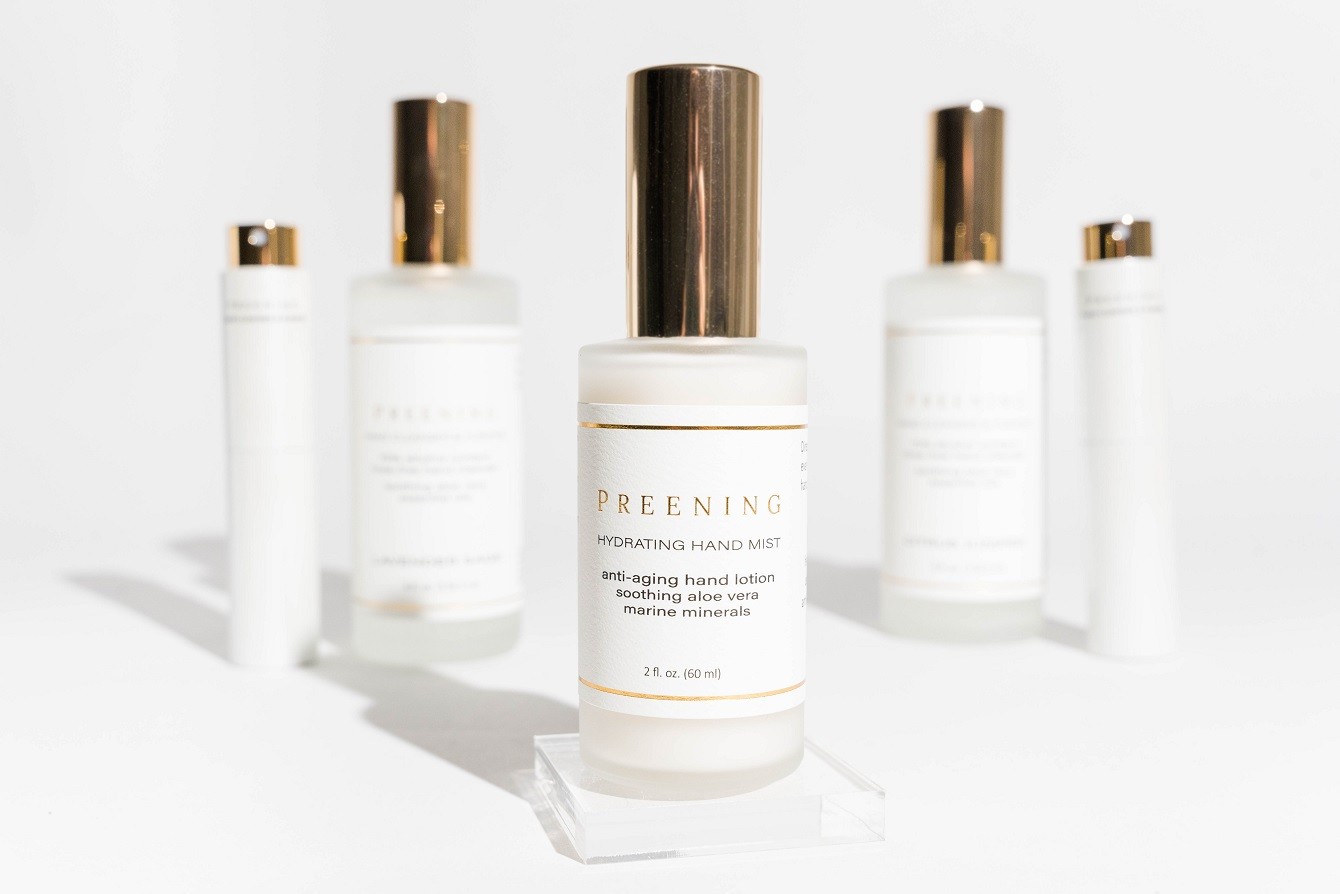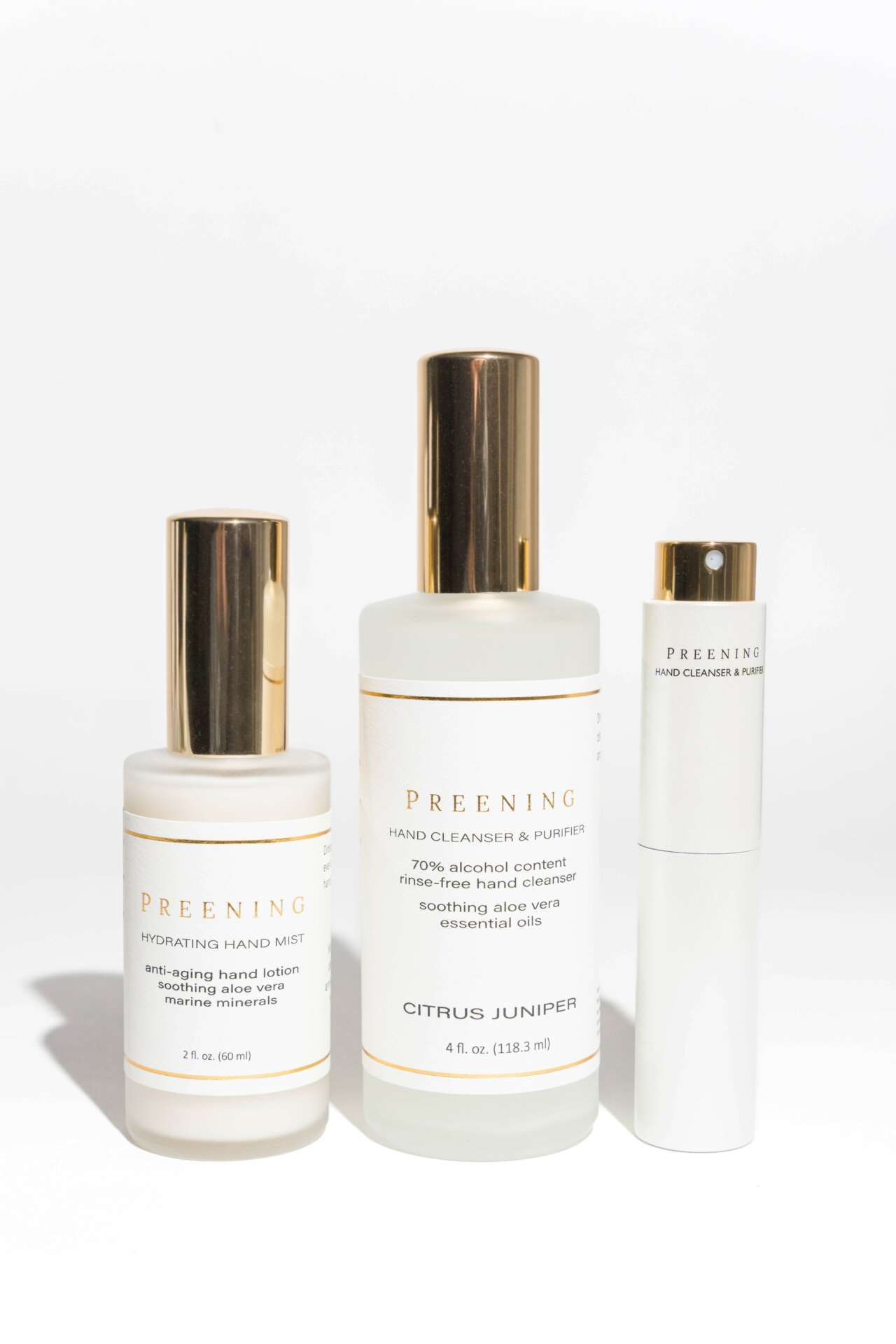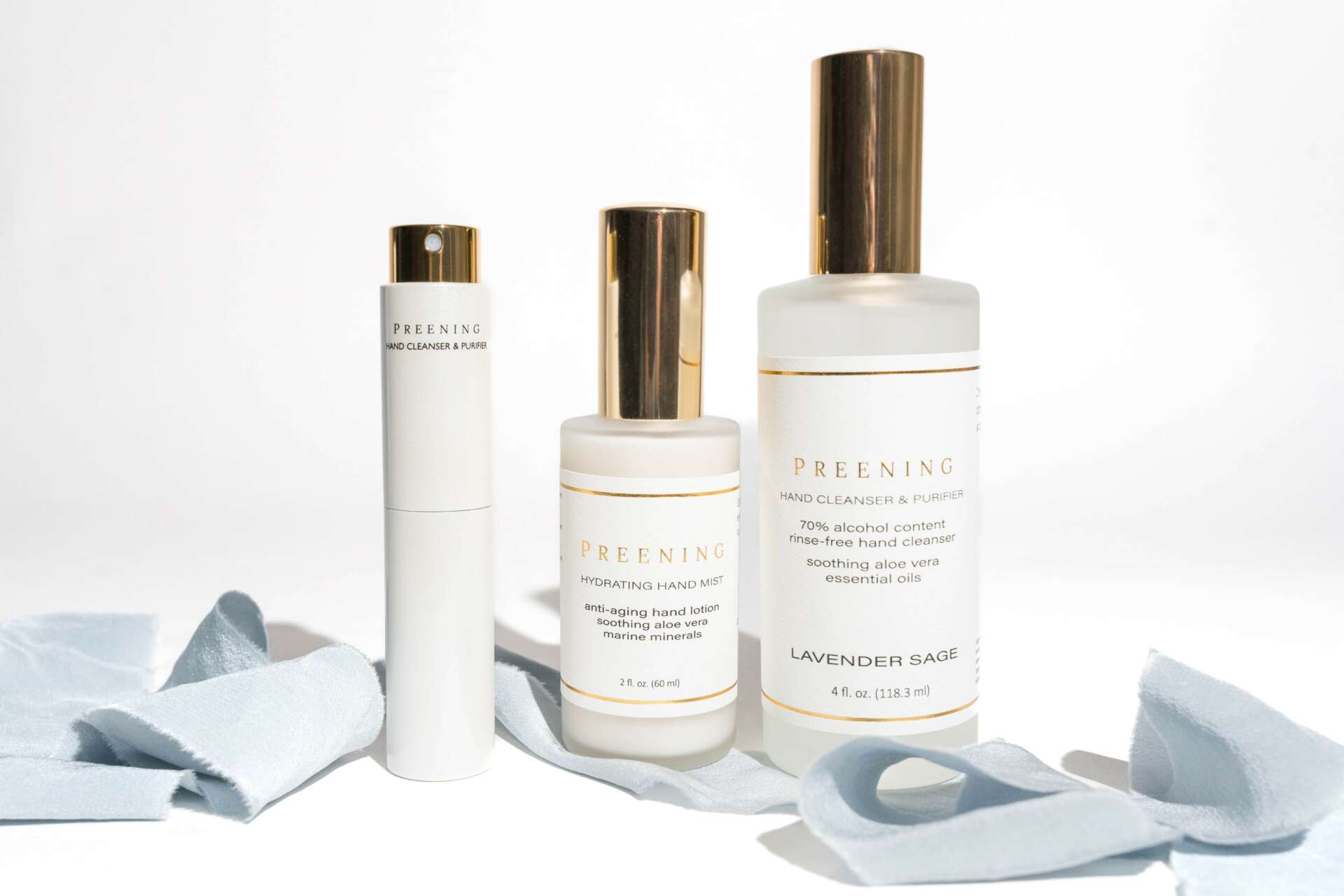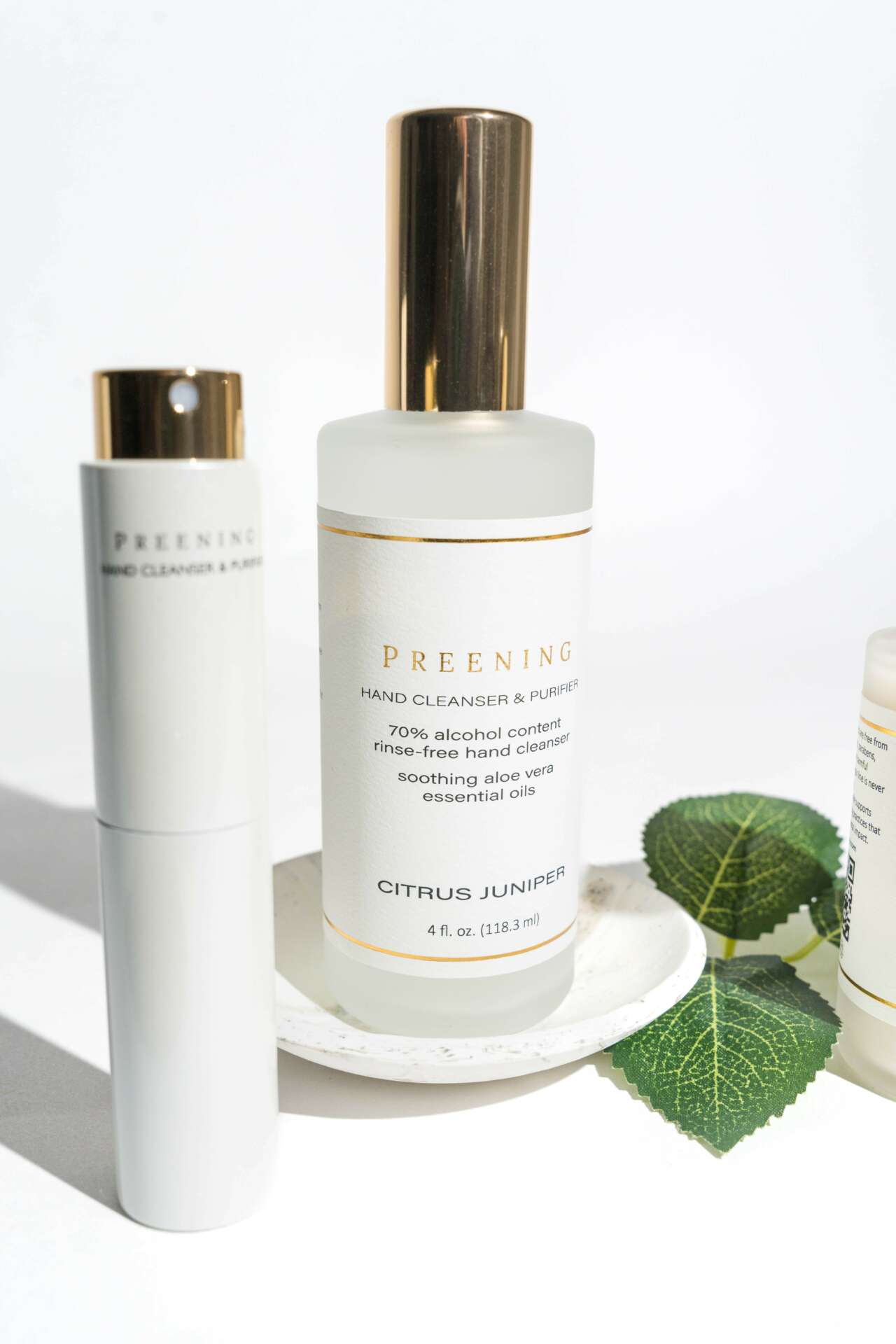Alright – so today we’ve got the honor of introducing you to Tiffany Pek. We think you’ll enjoy our conversation, we’ve shared it below.
Hi Tiffany, thanks for joining us today. What do you think Corporate America gets wrong in your industry?
In the beauty and cosmetic industry, large corporations have the ability to shift the landscape of accessibility to sustainable products. An industry leader such as Estee Lauder has both the R&D and supply chain infrastructure to manage significant shifts in the market. Better ingredient souring and sustainable packaging design are part of many corporate initiatives, but many of the internal efforts fall flat when the products enter the market. The challenge comes from consumer perception of sustainable products. There is a lack of education from brands about the waste produced by the cosmetic industry, and consumers do not see the value and benefit of products that are kinder to the earth. For example, Aveda, an Estee Lauder portfolio company, used to have refill products well before any independent beauty brands started adopting a refill model. Why did Aveda stop this refill model? Given the lack of makeup currently available from Aveda, the colored cosmetic line was likely a weak performer relative to hair and body categories, but I believe that the consumer never made enough repeat refill purchases to warrant keeping the refill concept in the product line.
Consumers want the least amount of friction in their product use and end of lifecycle disposal. Asking for more than tossing a empty package in the trash or recycling is asking too much for most beauty buyers. Most cosmetic packaging will end up in landfill. The question is how large companies approach making raw material choice so that containers have the least amount of impact on the planet.

Great, appreciate you sharing that with us. Before we ask you to share more of your insights, can you take a moment to introduce yourself and how you got to where you are today to our readers.
With over a decade in supply chain and design in the apparel industry, I spent years working on product development and quality control. In my spare time, I made my own skincare products in my kitchen. I was a self-taught kitchen chemist since high school. During the pandemic, my hands were ravaged by constant use of hand sanitizer, so I set out to create a kinder naturally-scented solution that didn’t dry my hands. Preening launched in 2021 with 2 products, a Hydrating Hand Mist and a Hand Cleanser and Purifier. The Hand Cleanser and Purifier comes in a refillable atomizer for package longevity. Bottle are glass for easy municipal recycling. The most surprising aspect people tell us about our Hydrating Hand Mist is how lightweight yet soothing the sprayable lotion feels on the hands. At Preening, we aim to make hand care part of everyone’s daily ritual of self-care.

We’d love to hear about how you met your business partner.
My co-founder and I met in business school. We both came from retail backgrounds and bonded over being from a background that was unusual for business school students. We both were in a “launch your startup” class and formed Preening while still in school.

Have you ever had to pivot?
I was working full time at a corporate job in the fashion industry and felt stuck in the same routine. I decided that I needed to go to business school in order to gain a solid understanding of fundamental business concepts and unlock a new network. I knew that I was on the upper end of the age demographic relative to many of my peers, but I came into school with a unique background and over a decade of work experience. I worked full time and attended school. It was exhausting, but the relationships I built in business school were so important for my professional career.

Contact Info:
- Website: www.preeningny.com
- Instagram: https://www.instagram.com/preeningny/?hl=en
- Linkedin: https://www.linkedin.com/company/preening/


